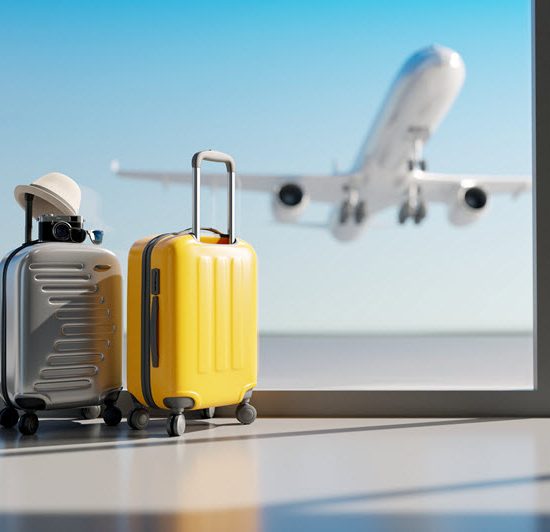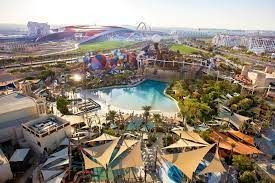
Once upon a time, it was seen as a significant concession to put wheelchair-accessible rooms in a hotel room and organise special assistance for getting off a plane. But things are changing – partly because authorities are introducing more disability-friendly regulations, but mainly because tourism operators have twigged that accessible travel is a lucrative market. And that has led to innovations such as these:
Accessible skiing in France
Winter sports is an area where major leaps have been made in improving accessibility, and skiers with disabilities can be found on the slopes all over Europe.
Of the resorts, La Plagne (www.laplagnet.com) in France is the one that has given accessible options the most wholesale embrace. Instructors take on extra qualifications to be able to teach those with conditions and limited mobility, while several types of specialist equipment are available. These include the Xbefree, a seated vehicle that allows for completely independent skiing, and Uniskis, which are the closest equivalent to a wheelchair in ski form.
The newest innovation is the Vertiski, a medical support that allows users to stand upright while keeping good circulation, while all lifts and gondolas have been adapted to accommodate those using hand skis.
Multi-activity holidays in Germany
Arguably, no other country has put as much investment into accessible travel as Germany, which has made BarrierFree Germany a key plank of its tourism strategy. There’s an extensive BarrierFree section on the national tourist board website (www.germany.travel) that covers everything from getting the best out of spa towns to attending Bundesliga football matches. But the accessible-activities section is most interesting. Here, there are a bewildering array of opportunities including “hiking” tours across the East Frisian mudflats in wheelchairs with oversized tyres, adaptive kayaking at Lake Senftenberg, and a ropes course in the Bavarian Forest that has been designed specifically for disabled visitors.
Wheelchair-accessible safaris in Tanzania
Safari trucks can often put game viewing beyond the reach of travellers with disabilities, but some companies are adapting the vehicles to make them accessible.
Responsible Travel (www.responsibletravel.com) sells such trips in Tanzania. A seven-day wildlife-viewing trip around the Lake Manyara National Park costs from US$1,750 (Dh6,428), excluding flights, staying at lodges that have been designed to meet the needs of disabled travellers.
The company has properly embraced accessible travel, and sells a large variety of holidays aimed at the market – ranging from Nile cruises in Egypt to cycling holidays in Catalonia.
Enable Holidays (www.enableholidays.com) and Accessible Travel & Leisure (www.accessibletravel.co.uk) are other companies with an array of options.
Global navigation app
For the blind and partially sighted, navigating an unfamiliar city can be a daunting prospect, so iPhone app BlindSquare attempts to make things much easier.
It’s a GPS-based app that pulls information from the likes of Foursquare and OpenStreetMap, sifts out the most relevant data, then announces the information through a speech synthesiser.
At the more practical end of the scale, this means intersections are flagged up, but it can also be used to ask for the most popular cafes within 200 metres or nearby attractions. It also periodically announces the direction and distance of travel, and can be controlled entirely through an audio menu.
BlindSquare (www.blindsquare.com) is available via the App Store.








